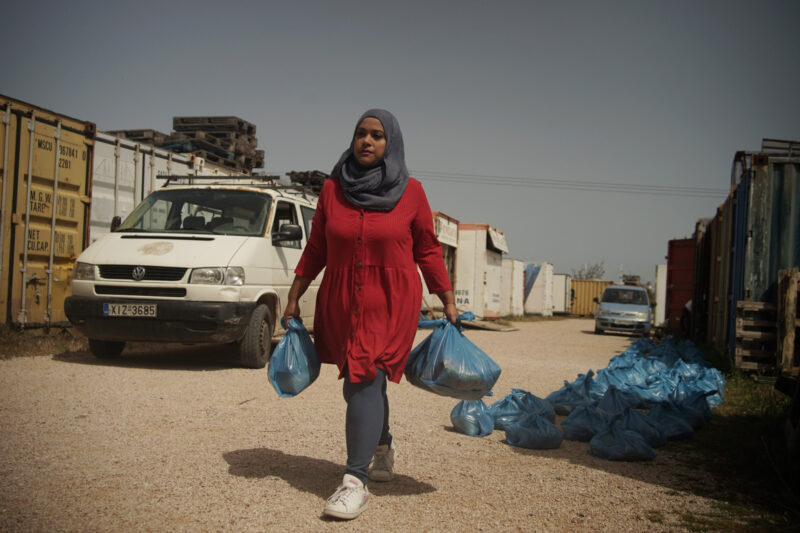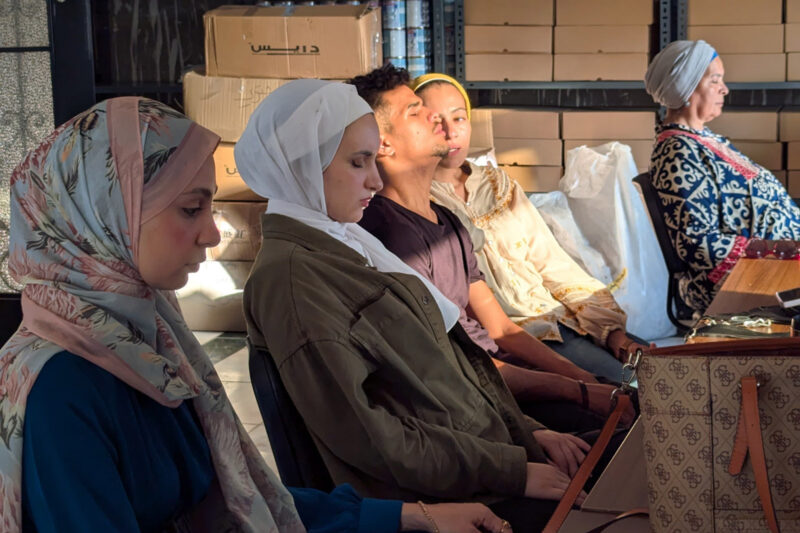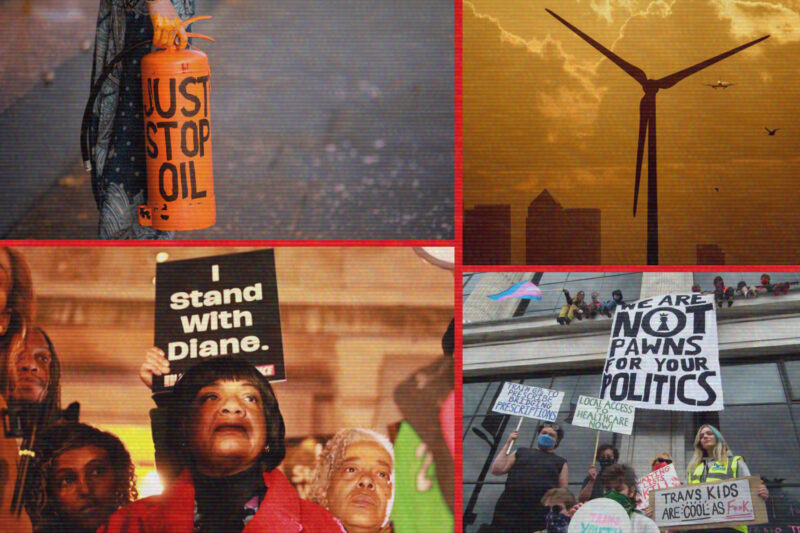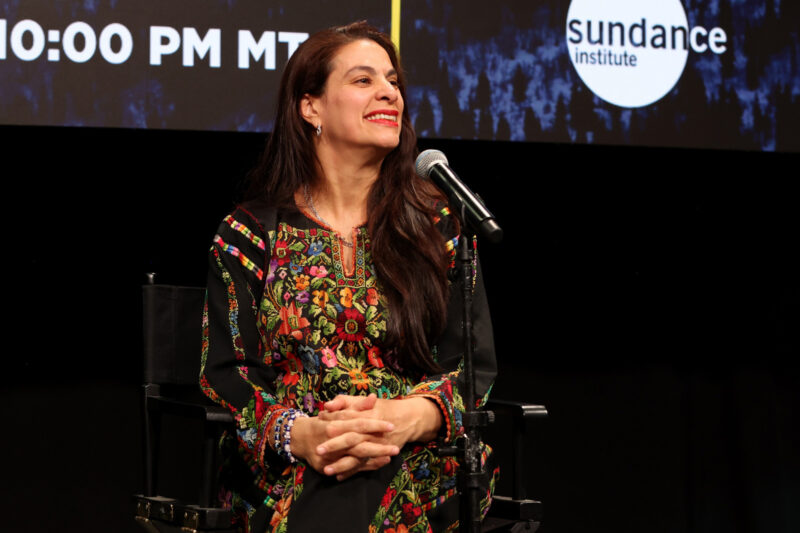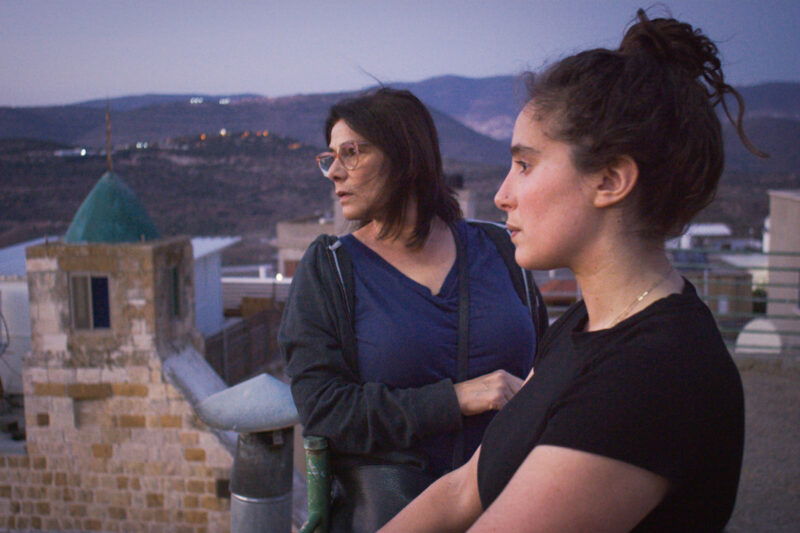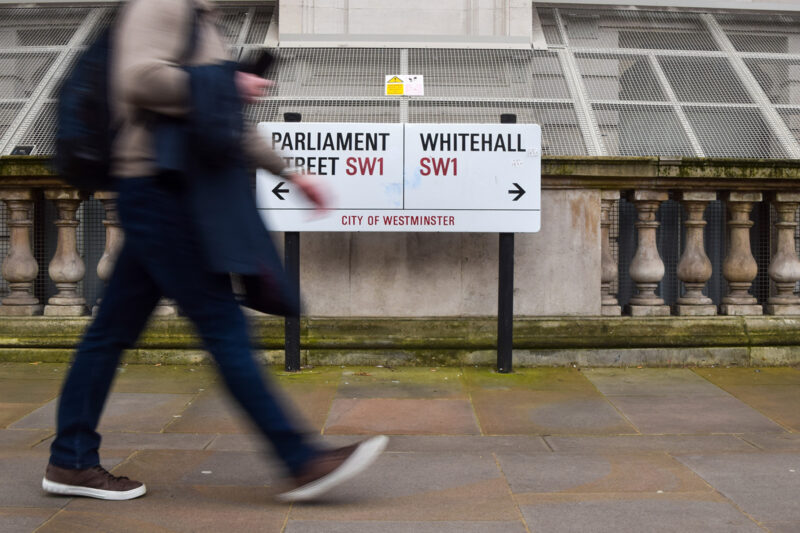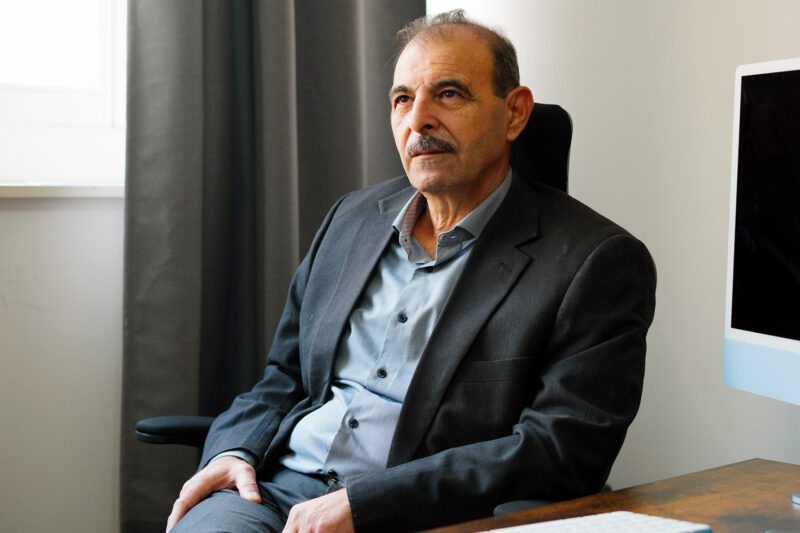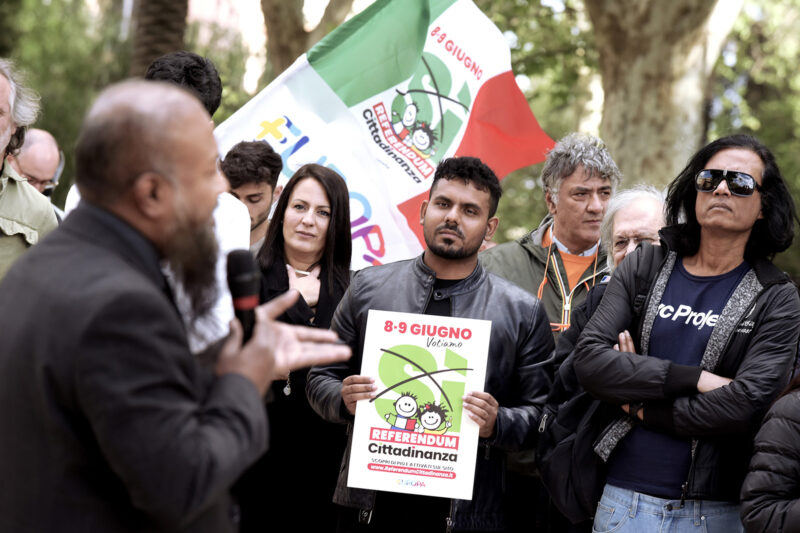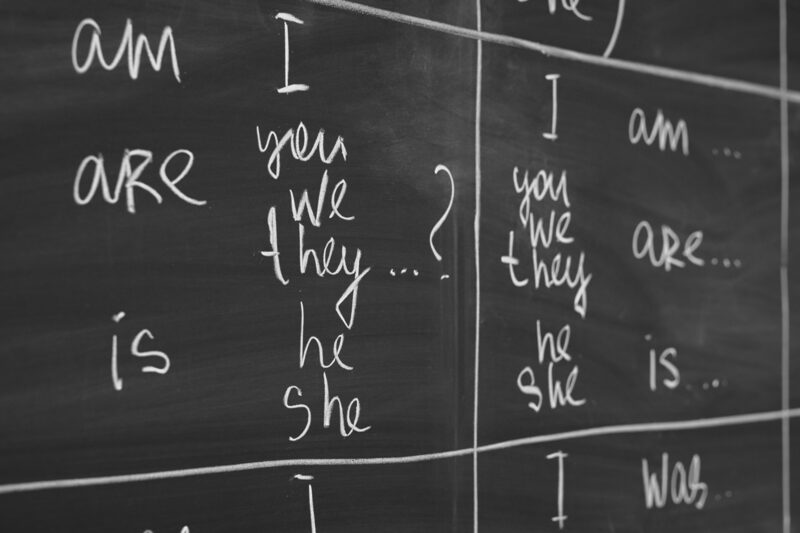Warnings of ‘silencing campaign’ as US ‘Muslim ban 2.0’ targets pro-Palestine groups
Arab and Muslim Americans are ‘anxious and frightened’ as new president orders universities to monitor overseas students and cancel visas
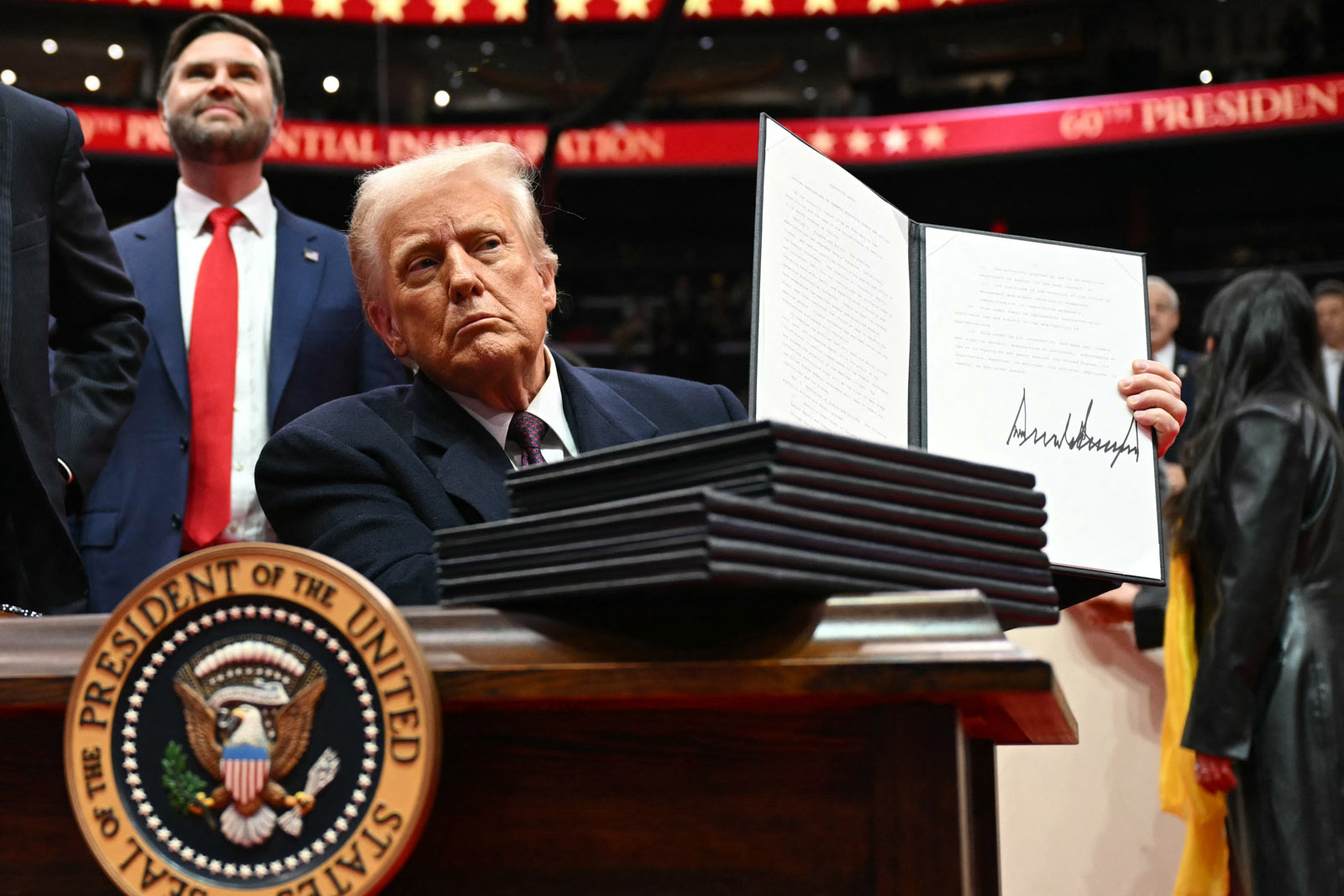
Donald Trump’s proposed US laws targeting pro-Palestine groups with deportation and financial penalties have sparked dire warnings from policy experts about a bonfire of civil liberties — and been compared to the president’s infamous 2017 “Muslim ban”.
Maryam Jamshidi, an associate professor of law at the University of Colorado specialising in national security policy, described Trump’s package of executive orders as “much, much worse” than the original “Muslim ban” in his first term. The ban originally sought to limit travel from seven Muslim-majority countries, before being revised several times after legal challenges and finally overturned by Joe Biden in January 2021.
One such order issued within hours of Trump taking office has been singled out by the Council for American-Islamic Relations as “set[ting] the stage for a potential new Muslim ban”. It raises the security screening threshold for people coming to the US from an as-yet unspecified list of countries in the name of protecting the country from terrorism — but also targets foreign nationals already living in America, seeking to “ensure” they do not “advocate for, aid, or support designated foreign terrorists”. Both Trump and his new secretary of state Marco Rubio have repeatedly alleged that calls for a free Palestine are equivalent to support for Hamas, a proscribed terror organisation in the US.
A second order, issued last week, vows to prosecute or “remove” the people behind a “wave of vile antisemitic discrimination, vandalism and violence” on US university campuses in the last 16 months and also urges higher education institutions to monitor the activities of overseas staff and students. In an accompanying White House fact sheet, Trump wrote: “To all the resident aliens who joined in the pro-jihadist protests, we put you on notice: come 2025, we will find you, and we will deport you.”
Haris Tarin, vice president for policy and programming at the Muslim Public Affairs Council (MPAC), told Hyphen there was “a level of confusion” among American Muslims, an estimated one in five of whom voted for Trump.
“Some people felt that Trump would be different this time towards American Muslims and Arab Americans and South Asian Americans,” he said. “I think they actually thought that he was transactional enough [for people] to engage him and that he would not implement some of these policies that he had attempted to implement in the first term, and I think there is a level of buyer’s remorse that is starting to settle in.”
Taken together, the two orders — which legal experts say would violate free speech and privacy laws that apply to foreign nationals in US territory — could give rise to an even harsher regime of punishment for both Muslim and non-Muslim pro-Palestine protesters on university campuses. For more than a year, members of Congress, influential pro-Israel groups, and Rubio have pushed the blanket interpretation that any criticism of Israel’s war on Gaza qualifies as antisemitism.
“American Muslims and Arab Americans and pro-Palestinian voices in general have been anxious [and] frightened” by these incidents, Tarin said, adding that Trump’s new directives were part of “a whole silencing campaign” against those communities.
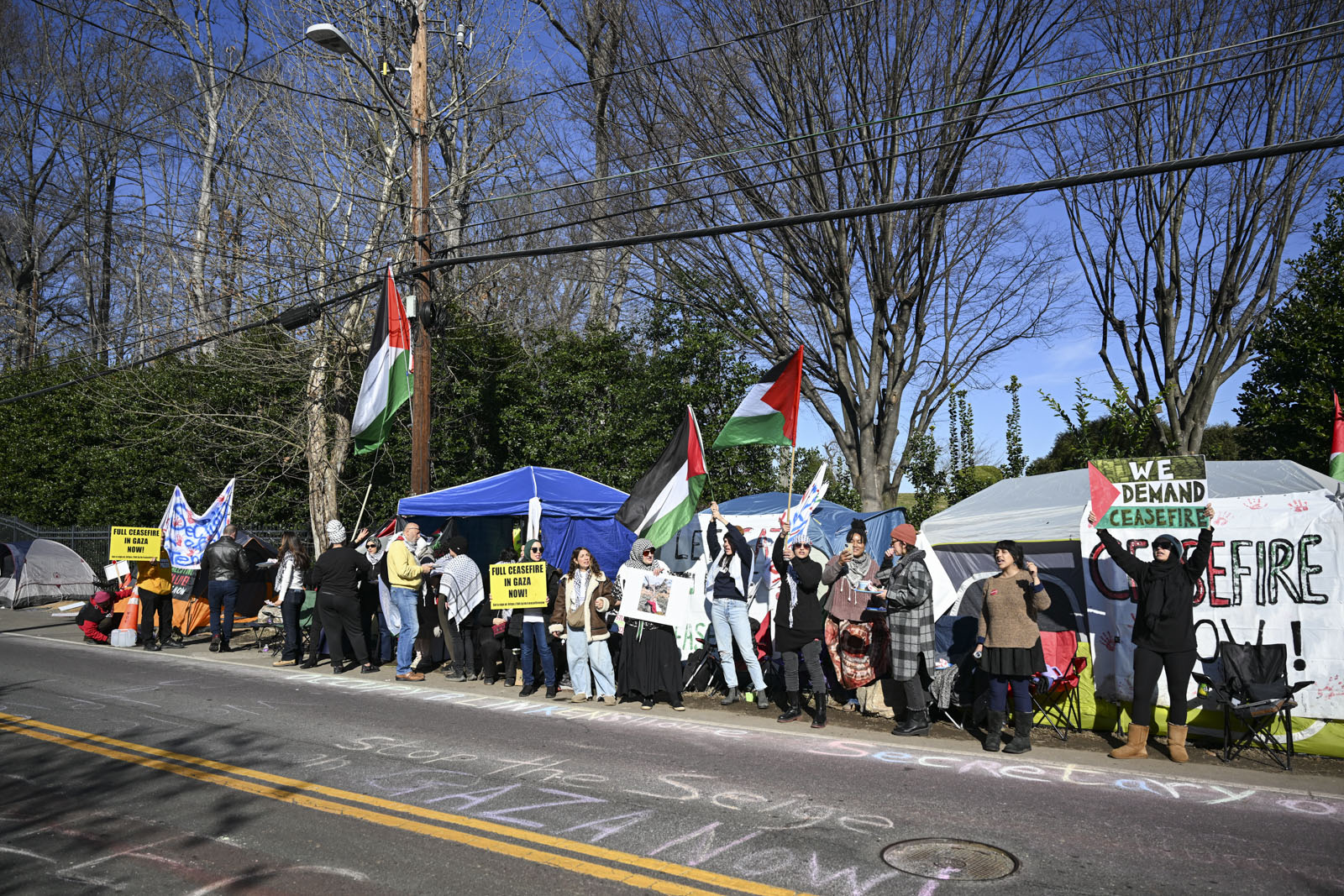
Protesters have faced aggressive responses from university administrators and security officers since October 2023, including police raids on campus demonstrations and protesters’ homes. In the months leading up to Trump’s return to the White House, he and leaders like Rubio also called for the deportation of foreign students on visas who participated in pro-Palestine protests.
A further blow has come in the form of House Resolution 9495, more widely known as the “non-profit killer bill”, which would strip the crucial tax-exempt status from any such organisation suspected of supporting terrorist activity abroad. The bill is awaiting a Senate vote after being passed by the House of Representatives in November.
Some in the field see HR 9495 as a thinly veiled threat to target pro-Palestinian bodies such as UNRWA USA — the American fundraising arm of the UN’s Palestinian aid organisation. Trump signed a further executive order on Tuesday prohibiting US government funding for UNRWA, even after his predecessor’s ban expires in March.
Kevin Rachlin, the Washington director of the Nexus Leadership Project, has tracked HR 9495 since its inception. He told Hyphen it was created specifically because of pro-Palestine groups. “They wanted to know, basically: was Students for Justice in Palestine supporting Hamas? Is Jewish Voice for Peace providing material support to terrorist organisations in the Middle East?” he said.
“They didn’t put that in the bill text, but that’s the environment in which it was brought.”
Mara Kronenfeld, the executive director of UNRWA USA, told Hyphen she was “very concerned about attacks on civil society and those that would touch any organisation supporting Palestinians at this crucial moment”.
Pro-Palestine activists say the tens of millions of dollars spent by pro-Israel lobby groups like the American Israel Public Affairs Committee on political campaigns seeking to oust lawmakers who speak up for Palestinians is evidence enough that the protest movement for Gaza has made a difference.
“You’re seeing the Israeli army and Israeli government take out bus ads and all types of propaganda,” said former UN strategy consultant turned full-time activist Hazami Barmada.
“They’re spending record amounts.”
Gaza has undoubtedly shaken up organising within the Arab and Muslim community in ways not even seen in response to Trump’s 2017 Muslim ban, and few are as well known in this space as Barmada, who in January 2024 mounted a months-long encampment with other mothers outside the home of Antony Blinken, who was then the secretary of state. Her videos documenting the experience drew international attention.
“We’ve paved a pathway for people to understand that there are so many forms of resistance and endurance and perseverance,” she said.
Asked how she might shift course under the expanded orders of the Trump administration, Barmada offered the reminder that most of the “draconian measures”, as she described them, began under Biden.
“I think the state of organising specifically on this issue, on Palestine-Israel, is in flux, with a lot of fear,” she said. “But I think it’s extremely important to remind people that Trump is not creating them from scratch.”
Four days after Trump’s inauguration, the Arab American Anti-Discrimination Community (ADC) launched a 24/7 legal hotline, and called on the Trump administration “to stop stigmatising and targeting entire communities, which only sows division”. To that end, it said, it is now bolstering its legal division in anticipation of a barrage of lawsuits against the government.
There is another problem caused by Trump’s style of leadership. “The way organising works, when you organise for change, you organise one issue at a time, and that’s how you have impact,” said Tarin. But now, the Trump administration will “throw so many issues at you, so you can’t organise, and you have to choose one over the other”.
 Newsletter
Newsletter


